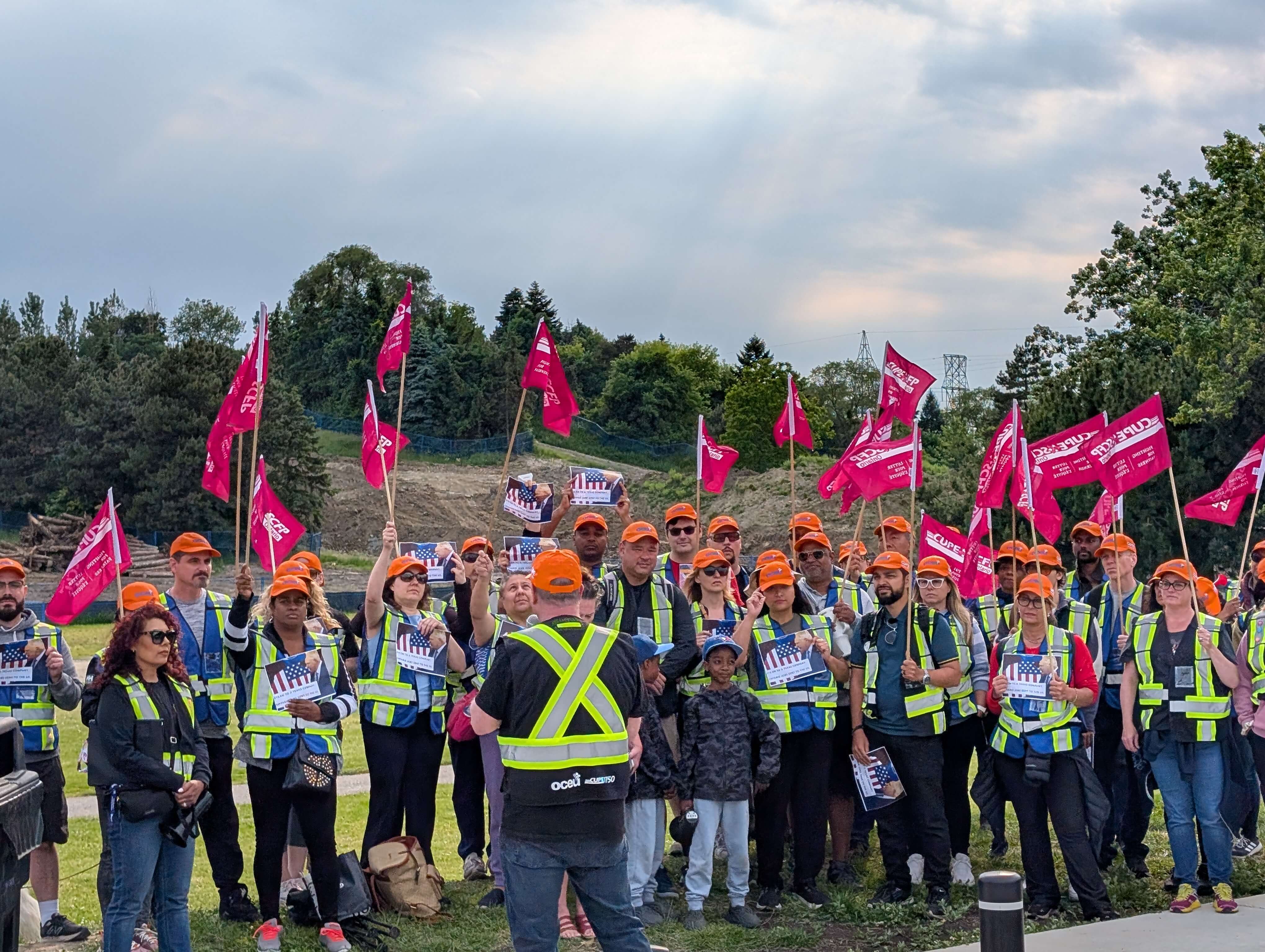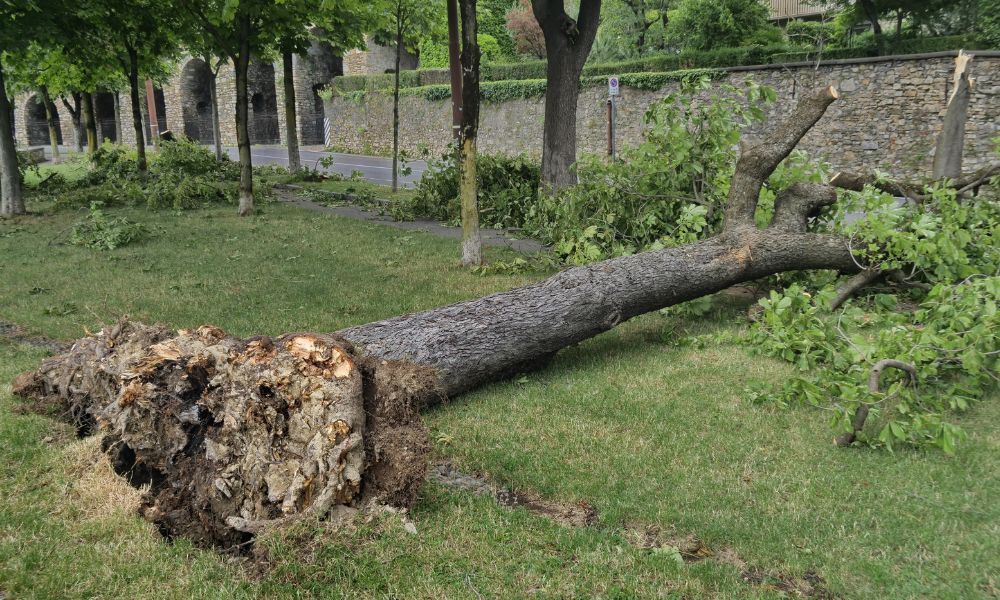Union head says Ford 'committed to raising concerns' with Labour Minister and Treasury Board President

Premier Doug Ford has personally entered the fray of Ontario’s largest ongoing public sector labour dispute, marking the first direct contact between his office and the Ontario Compensation Employees Union (OCEU/CUPE 1750) since more than 3,600 Workplace Safety and Insurance Board (WSIB) employees went on strike on May 21.
Union president Harry Goslin says the Premier phoned him this week, acknowledging the hardship facing workers and referencing the struggles of a single mother on the picket line. “He said he’d already asked Minister Piccini to speak with the WSIB and help move bargaining forward,” says Goslin. “He also committed to raising concerns about outsourcing and layoffs with the Treasury Board president.”
Union made the latest offer on June 23
According to Goslin, the union submitted its latest full pass on June 23. Goslin says before that “we said to them, ‘Is this your best offer?’ They said no. We said, ‘Then table it,’ and if it’s worthwhile, we’ll take it to the membership. They refused,” Goslin says.
WSIB spokesperson Aaron Lazarus disputes that claim. “The offer has been on the table. It’s public, it’s transparent, and all they need to do is accept yes as an answer,” he says. “Instead, they keep submitting unrealistic asks—retroactive raises, signing bonuses, and a fully employer-funded pension. That’s not bargaining seriously.”
Details of the latest WSIB offer
The WSIB’s latest offer, outlined in full on its website here, includes wage increases of 2.5% in 2025, 2.25% in 2026, and 2.0% in 2027. This would bring the average salary from $98,000 to over $104,500. Benefits enhancements cover expanded paramedical services, hearing aid and insulin pump allowances, as well as coverage for intrauterine devices and intraocular lenses.
Ontario colleges and their union recently went to arbitration and received similar wage increases.
The offer also proposes an expanded workload committee with dedicated resourcing and implementation timelines for consensus recommendations. Additional measures aim to simplify career advancement processes and relieve some administrative burdens.
More outsourcing allegations
While negotiations stall, the union continues to raise concerns about outsourcing. Goslin previously warned that document management work has been contracted to U.S.-based firm Iron Mountain, potentially costing 26 Ontario jobs. “This goes against the Premier’s stated economic priorities,” he argues. But now the union claims tasks that striking workers would normally perform have been outsourced to private clinic, which the WSIB disputes.
WSIB acknowledges work is being handled differently during the strike but maintains the approach remains within existing agreements. “We’re using specialty clinics within public hospitals—places like UHN, Trillium, and Sunnybrook—to help ensure continuity of care,” says Lazarus. “These are not private clinics, and sharing functional ability reports directly with employers is standard practice across jurisdictions.”
Goslin counters that the practice bypasses internal safeguards. “They’re letting employers assess whether injured workers can return without a WSIB specialist verifying if it’s safe,” he says. “That’s dangerous and undermines the system’s integrity.”
Outlook: Uncertainty and cautious optimism
As the dispute stretches into the heart of the summer, both sides remain dug in. Lazarus insists, “the WSIB is here to help. Forty percent of our team is working, and we’re still processing claims, registering new cases, and issuing payments.”
Goslin, however, is still waiting. “We’re ready to be locked in a room and hammer out a deal,” he says. “But it takes two sides willing to negotiate seriously—and right now, we’re the only ones at the table.”
The next days could prove pivotal. The mediator is expected to summon both parties for renewed in-person talks. Whether Premier Ford’s intervention helps turn the tide remains to be seen.





